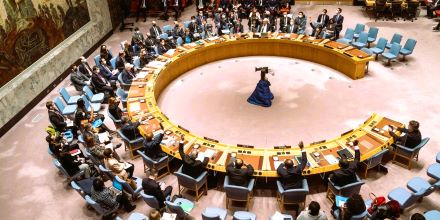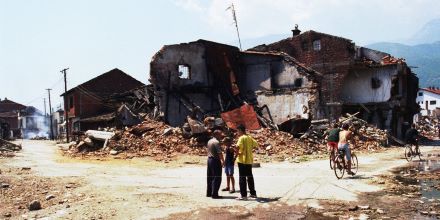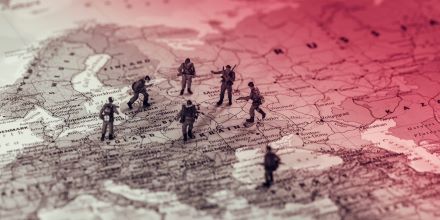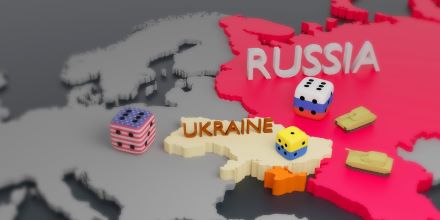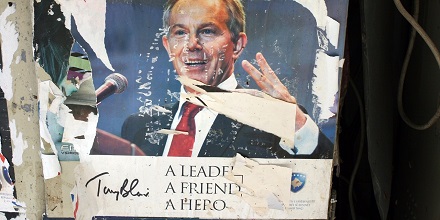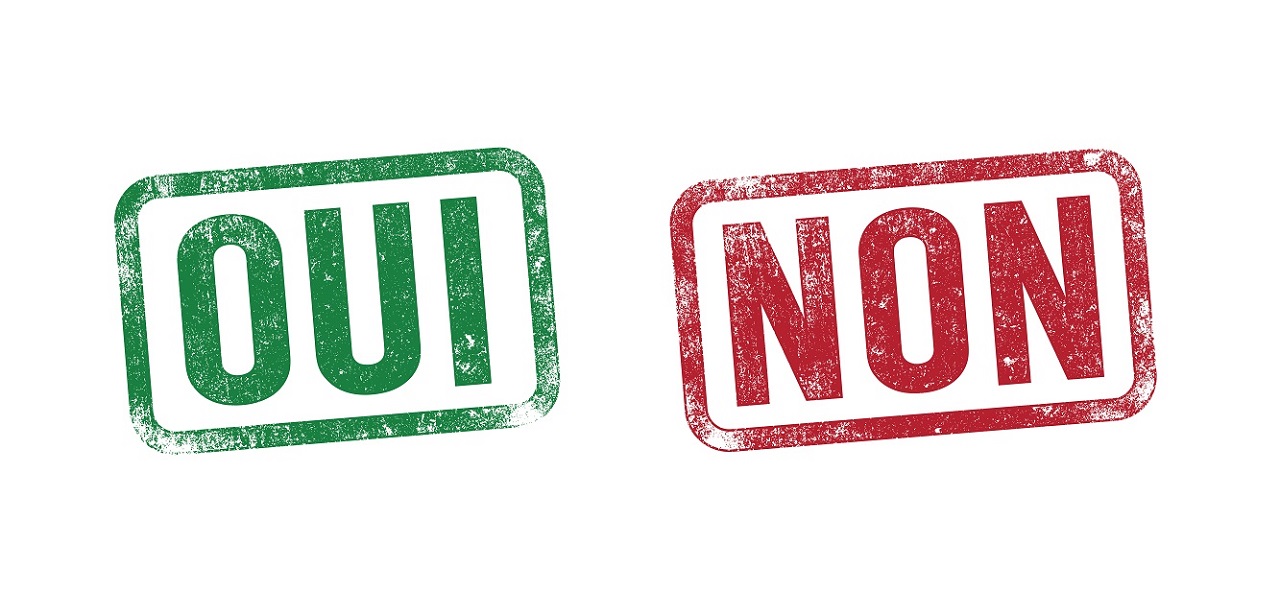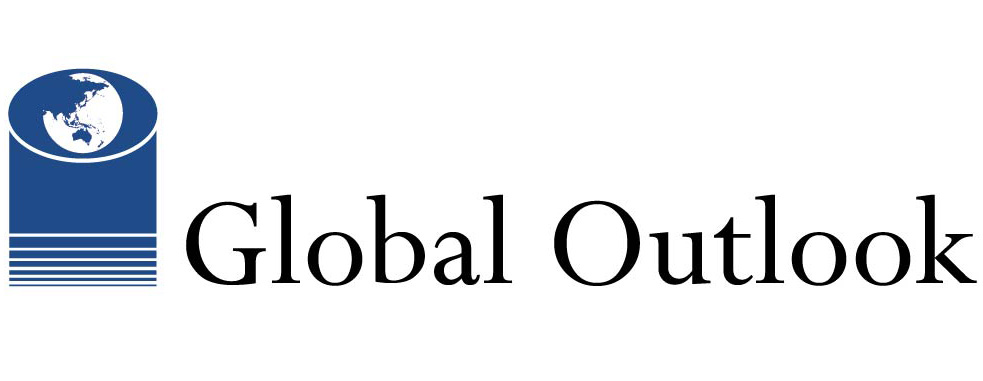
Curated expert opinion on intractable contemporary issues
Global Outlook Articles by Ramesh Thakur
Ramesh Thakur is emeritus professor in the Crawford School of Public Policy, Australian National University; Senior Fellow, Toda Peace Institute; and a member of the Asia-Pacific Leadership Network Board of Directors. He was formerly a United Nations Assistant Secretary-General and Co-Convenor of the APLN.
India’s Stake in the Ukraine Conflict
By Ramesh Thakur | 10 March, 2022
On 25 February, the United Nations Security Council voted on a draft resolution condemning Russia’s invasion of Ukraine and calling on it to stop the attack and withdraw its troops. Sponsored jointly by the US and Albania, the resolution received the affirmative vote of 11 of the council’s 15 members. But it was defeated by the solitary negative vote of Russia (by chance the council president for February) as a veto-wielding permanent member. The three countries to abstain were China, India and the United Arab Emirates.
Putin may be Executing the NATO Playbook from 1999, not Hitler’s from the 1930s
By Ramesh Thakur | 26 February, 2022
There are two competing narratives about Russia’s push into Ukraine. One holds that President Vladimir Putin has adopted Hitler’s playbook over Sudetenland and failing to check his aggression will fall into the trap of the appeasement at Munich in 1938. The alternative holds that Putin is executing the NATO playbook in Kosovo in 1999.
False Flag Meets Fake News: The Ukrainian Invasion That Wasn’t
By Ramesh Thakur | 19 February, 2022
Lord Ismay, NATO’s first secretary general, memorably described its mission as being ‘to keep the Soviet Union out, the Americans in, and the Germans down’. With the end of the Cold War, instead of disbanding, NATO became a military alliance in search of a new enemy and mission to justify its existence.
Ukraine Crisis Exposes Geopolitical Fault Lines in an Era of Shifting Power
By Ramesh Thakur | 31 January, 2022
Every great power needs an organising principle of foreign policy; great powers rise and fall on the tide of history and no power remains great forever; no great power retreats forever; there’s no way to reliably judge whether a great power has begun its descent into permanent decline or is merely in temporary retreat; and geopolitical fault lines during periods of power transition are fraught with grave risks of war rooted in miscalculations of relative power.
Blair Knighthood Shows How History Does Mockery
By Ramesh Thakur | 13 January, 2022
Proving that history does irony, banks that once feared masked robbers now fear mask-free customers. But does history also do mockery? The 1984 Nobel Peace laureate Archbishop Desmond Tutu passed away on Boxing Day in Cape Town. Almost a decade ago, Tutu refused to share the stage with former British prime minister Tony Blair in Johannesburg, saying he should be in the dock in The Hague answering for war crimes.
AUKUS Partners Must Play Catch-up to Repair Relations with France
By Ramesh Thakur | 17 November, 2021
Prime Minister Scott Morrison is embroiled in a tussle with both French President Emmanuel Macron and US President Joe Biden which, given the power asymmetries, risks leaving Australia exposed and vulnerable in a major-power league above its paygrade.
The views and opinions expressed in Global Outlook are those of the authors and do not necessarily reflect the official policy or position of Toda Peace Institute.
